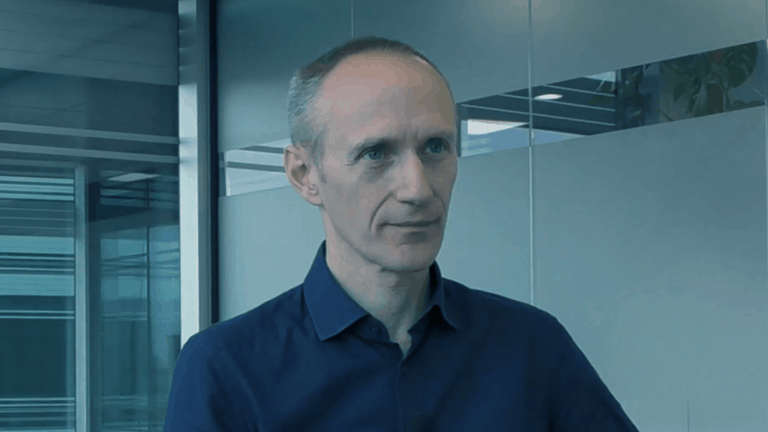Product Management recruitment specialists Intelligent People interview DAZN Chief Product Officer Ben Lavender.
Ben’s career spans the BBC where he invented the BBC iPlayer; Amazon as Product Leader for the Amazon Video Store and LOVEFiLM where he launched their streaming video service on web, mobile and TV devices, before being acquired by Amazon. Ben has been named as one of the top ten technology and Internet innovators in the world by The Observer.
Let’s get to know Ben Lavender
What is DAZN?
DAZN is the world’s first sport, over the top streaming service. It’s been going for four years, it’s now live in nine markets. We’re in Germany, Austria, Switzerland, Japan, Italy, Spain, Brazil, US and Canada. Our goal is to be live in every country, so we’re expanding very rapidly. We have 2600 staff in all. Within the over the top product area we have about 170 people so far and that’s product management, business analysis, product design – user experience design – we have data analysis, machine learning and technical program management.
What attracted you to Product Management?
Initially my roles had been in development and then technical program management. Certainly when I went to the BBC initially it was more technology management, but I had this idea for an Internet based catch up TV service, which I pushed off the ground and that became BBC iPlayer. It was really creating BBC iPlayer and getting that off the ground that moved me from more of a technology side to 100% product management and that’s what I’ve been doing since.
After iPlayer, I moved to Lovefilm where I created their streaming service and after that we got acquired by Amazon so my team built out the first over the top, TV apps for Amazon Video and after four years there I came to DAZN.
What’s your proudest product moment?
The proudest product moment would be BBC iPlayer and certainly I wouldn’t be where I am today had I not created iPlayer. It was off the back of that there was Lovefilm, Amazon and what I’m doing now. Within this month’s Apple keynote, DAZN was also featured in one of the best apps. We’ve won numerous awards and I continue to be delighted with DAZN.
How do you prioritise a roadmap?
The way we prioritise is very much data. We use data to actually both look at what is the customer opportunity, where we have analytics to support there is a customer issue that needs flagging. First of all we prioritise fixing live issues and bugs to reduce customer pain. Beyond that, when we’re talking about actually features that are on the roadmap, then very much look at what’s the revenue that will generate – over the next twelve months – and what’s the number of subscribers that will generate.
In addition we actually look at the amount of story points attributed to… When I say story points, it’s a loose term. But we generally talk about that as being half a developer man-day. If we’re effectively taking the revenue and dividing that by the story points we can get an idea of the likely return on the investment.
In terms of how we come to the actual revenue figure, we use anything from our analytics, a lot of external data sources, which we use if we’re doing a lot of partnership deals – how many subscribers do they have? How many subscribers are we likely to attract? We work heavily with finance and strategy and business development to actually make sure our numbers are as accurate as we can make it. So we’re trying to make sure that the roadmap which we have is as prioritised in the biggest amount of return.
How do you interview product managers?
After four years at Amazon, certainly I would say it’s left its mark on me. Our hiring process is heavily inspired from the Amazon leadership principles. In particular, the people’s bias for action. We are a very fast moving business and certainly we need people with passion and enthusiasm. Ultimately, what I’m looking for is people who are really, customer advocates and they think, always, from the customer point of view. They make decisions upon data, not just on gut feel.
I guess on the business analyst, we certainly have a preference for BDD and gherkin, but on the other hand we need people who can think. For product management, an MBA helps but it’s not essential. Again, we need smart people. We can’t train smart, but in terms of some of those core skills in terms of, if they don’t have BDD they can often learn. A knowledge of agile, because we work in quite aggressive two week sprints, all helps.
Do you need to Hire a Product Leader or Product Manager? Ask for our help HERE
See our latest Product jobs – HERE




